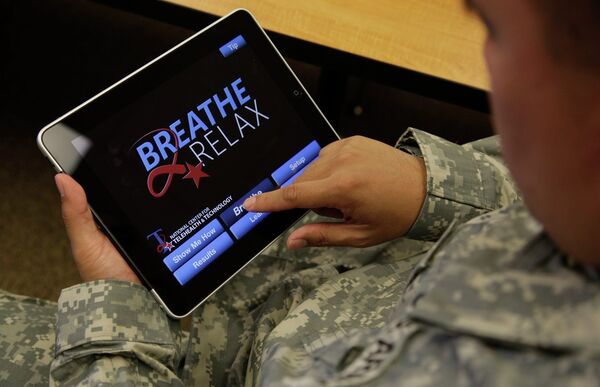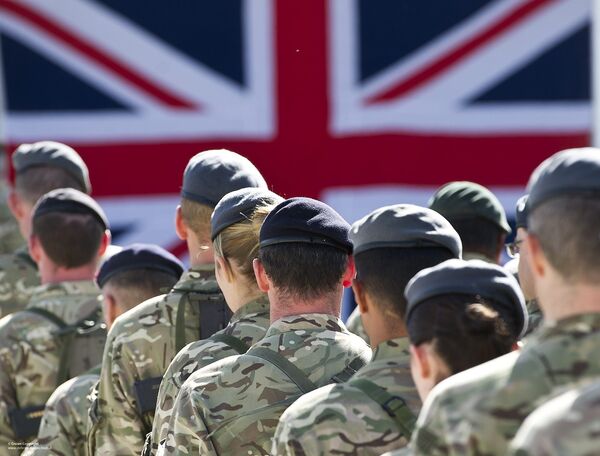A study by King's College London, of soldiers returning from deployment in Afghanistan, to assess whether post-deployment screening for posttraumatic stress disorder (PTSD), depression, anxiety and/or alcohol misuse was effective, found that it was not effective at reducing prevalence of mental health disorders, nor did it increase help-seeking rates.
In the study, one group of soldiers out of nearly 9,000 was given a questionnaire about mental health issues and offered advice to find help for the conditions, while another group was given a general letter about health.

The results, published in The Lancet, found that post-deployment screening for mental disorders based on tailored advice was not effective at reducing prevalence of mental health disorders, nor did it increase help-seeking rates.
One of the report's authors, Simon Wessely, says because screening brings no benefits, it is likely to do harm overall. There is an inherent danger of labeling someone as having mental health issues, when they — in fact — do not.
"If we label normal emotional reactions as problems it can become self-perpetuating," Wessely told New Scientist.
Just published the first ever RCT of post deployment mental health screening. Results surprising. @TheLancet https://t.co/sqzXq3CzQs-
— Simon Wessely (@WesselyS) 17 February 2017
The authors suggest that other countries that have implemented post-deployment screening programes for mental disorders should also consider monitoring the outcomes of these programes.
Normal PTSD Rate
The UK's leading Veterans' mental health charity, Combat Stress, says that it has experienced an increase in the number of referrals year on year. However, recent studies suggest this is due to an increased awareness of the symptoms and where to seek help.
The majority of deployed Armed Forces personnel do not experience lasting mental wounds as a result of their service. However, around one in 25 Regulars and one in 20 Reservists will report symptoms of PTSD following deployment in Iraq or Afghanistan. This is very similar to the rate in the general population.

According to the UK Ministry of Defense (MOD), assessments for mental disorders at its specialist mental health services have risen steadily from 1.8 percent of UK Armed Forces personnel in 2007/08, to 3.2 percent in 2015/16. However, it is unclear what proportion of this rise is due to the success of anti-stigma campaigns, changes in detection rates and referral behavior, and what is a true rise in mental health disorders.




